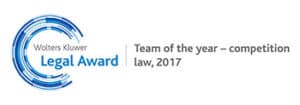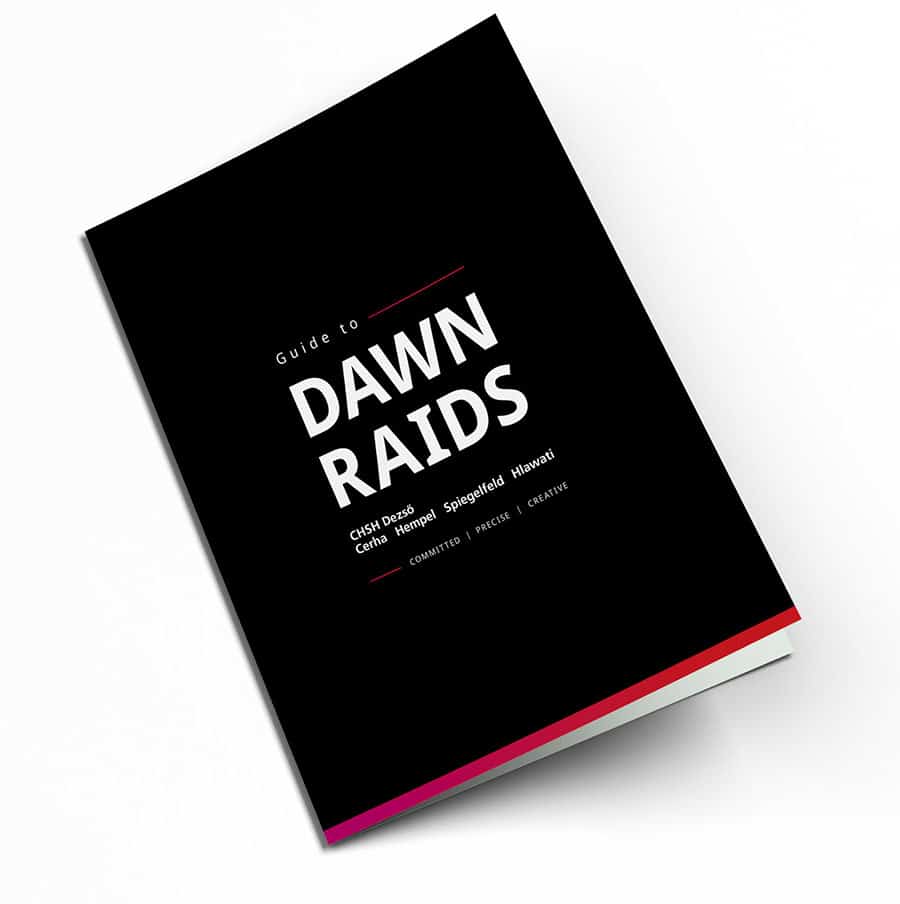According to its press release issued on 28 September 2021, the Hungarian Competition Authority (“HCA“), which has adopted an increasingly strict approach recently, imposed another large fine of nearly € 300 000 for a breach of consumer protection law. This time, the HCA fined a company that produces a TV-programme called Ékszer TV (in plain translation: “Jewellery TV”) and, taking advantage of the fear caused by the first wave of the coronavirus pandemic, mislead consumers/viewers and used unlawful means to urge them to buy large quantities of health products (masks, disinfectants and vitamins) as soon as possible. The HCA has already warned advertisers that it will pay particular attention to practices that can be misleading for consumers during the coronavirus epidemic. Márton Kocsis, the head of Competition & Compliance at CERHA HEMPEL Dezső & Partners, explains below the “no-go” marketing practices that should never be used if companies want to avoid fines amounting to several hundred thousand (sometimes even millions) of euros.
Only now, only in our store, only for this price! Or not?
As our experts have elaborated in detail, it is already unlawful to claim untruthful discounts, but even stricter rules will apply to the communication of “price cuts” to consumers across the whole EU from May 2022. On the other hand, the increasingly strict HCA was already “after” claims such as those that the company in the present case used; for example, during a broadcast of “Ékszer TV”, the original price of a so-called “hand cleaning package” was listed as HUF 60 000, but the HCA’s investigation found that in reality, these products were never sold for that price before.
Many may question why this should be a problem, as consumers did not pay more for the product than they would have paid without the discount being advertised. Márton Kocsis points out that a high, but untruthful discount, presented by means of a fictitious starting price may prompt consumers to make a transactional decision (in fact, an unintended purchase) that they might not have made in the absence of the misleading discount level (i.e. the fake “original price”). Consumer protection law therefore strictly prohibits such practices. The lawyer’s advice therefore is this: only ever use prices in advertisements and commercials that were actually used in the past.
Hurry up, it’s almost gone! Is it really?
The HCA also found that the producer of the “Ékszer TV” programme had engaged in a so-called aggressive commercial practice when, by making false statements, it urged consumers to purchase the advertised products as soon as possible (before being able to compare them to substitute products). According to the HCA, the programme included, for example, the following statement: “There are shortages in Europe, we are doing the impossible!” This statement proved to be untrue later on: the HCA’s investigation revealed – Márton Kocsis presumes – by analysing purchase prices and contacting the relevant suppliers, that the company under investigation was in fact able to obtain the products on the same terms throughout the entire epidemic wave, which it nevertheless constantly advertised as “last items“.
Aggressive commercial practices are one of the most serious infringements under EU consumer protection law, notes Mr Kocsis. As a reminder: Booking.com was fined HUF 2.5 billion by the HCA for various infringements that included such aggressive commercial practices. The hotel booking giant advertised its rooms in a way that distorted consumers’ transactional decisions by placing pressure on them (“hurry up, last one at this price!”).
So, what is worth paying attention to?
Mr Kocsis points out that both price discounts and the communication of stock information to consumers can be done in a legal and compliant manner. Care must be taken to ensure that both the factual content of the claims (i.e. what the previous price was before the advertisement and what stock levels the business has) and that the presentation / creative elements of the messages (visualisation, sound and light effects, font colour and size etc.) complies with the current consumer protection rules. It is advisable to seek the assistance of an expert prior publishing such claims, as it is always significantly cheaper than the legal costs associated with a subsequent HCA investigation and a possible fine.
It is interesting that the HCA terminated the proceeding against ATV, the host broadcaster (TV channel) of the “Ékszer TV” programme, despite the fact that according to the Act on the Prohibition of Unfair Commercial Practices, “anyone who makes a commercial communication available to the public by any suitable means, or who creates a commercial communication or provides other services in connection with it in the course of his or her independent economic activity, is also liable for an infringement arising from the manner in which the commercial communication is presented.” Broadcasters or marketing agencies can only be exempted from these strict liability rules if they can prove that they have acted in accordance with the instructions of the client (advertiser, producer, trader, etc.). It is therefore worth seeking legal advice in the advertising sector even for those who act only as an advertising service provider.
Although the reasoning of the HCA’s decision is not yet available to the public, it will obviously provide further lessons for advertisers, concluded the head of Competition & Compliance at CERHA HEMPEL Dezső.
Author: dr. Márton Kocsis



